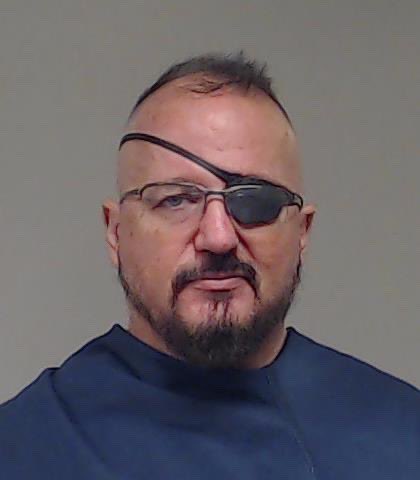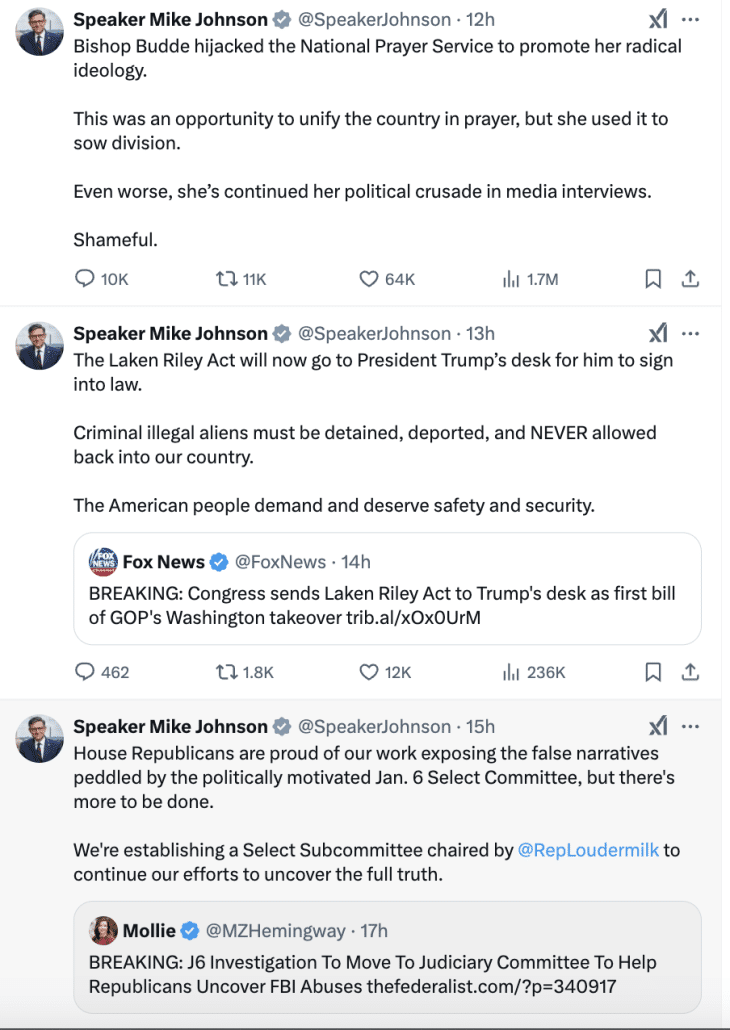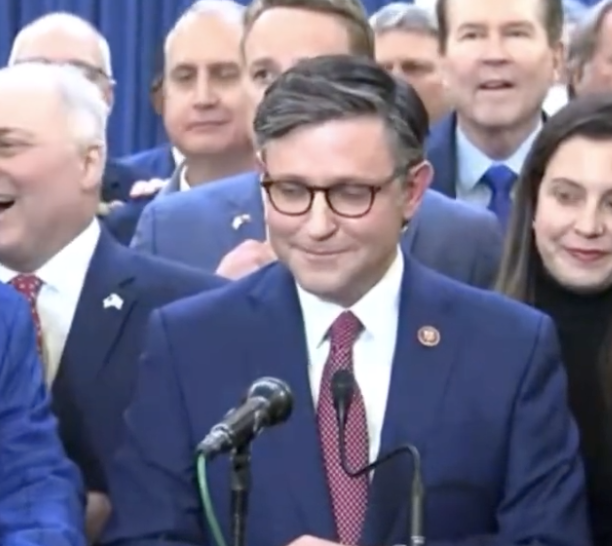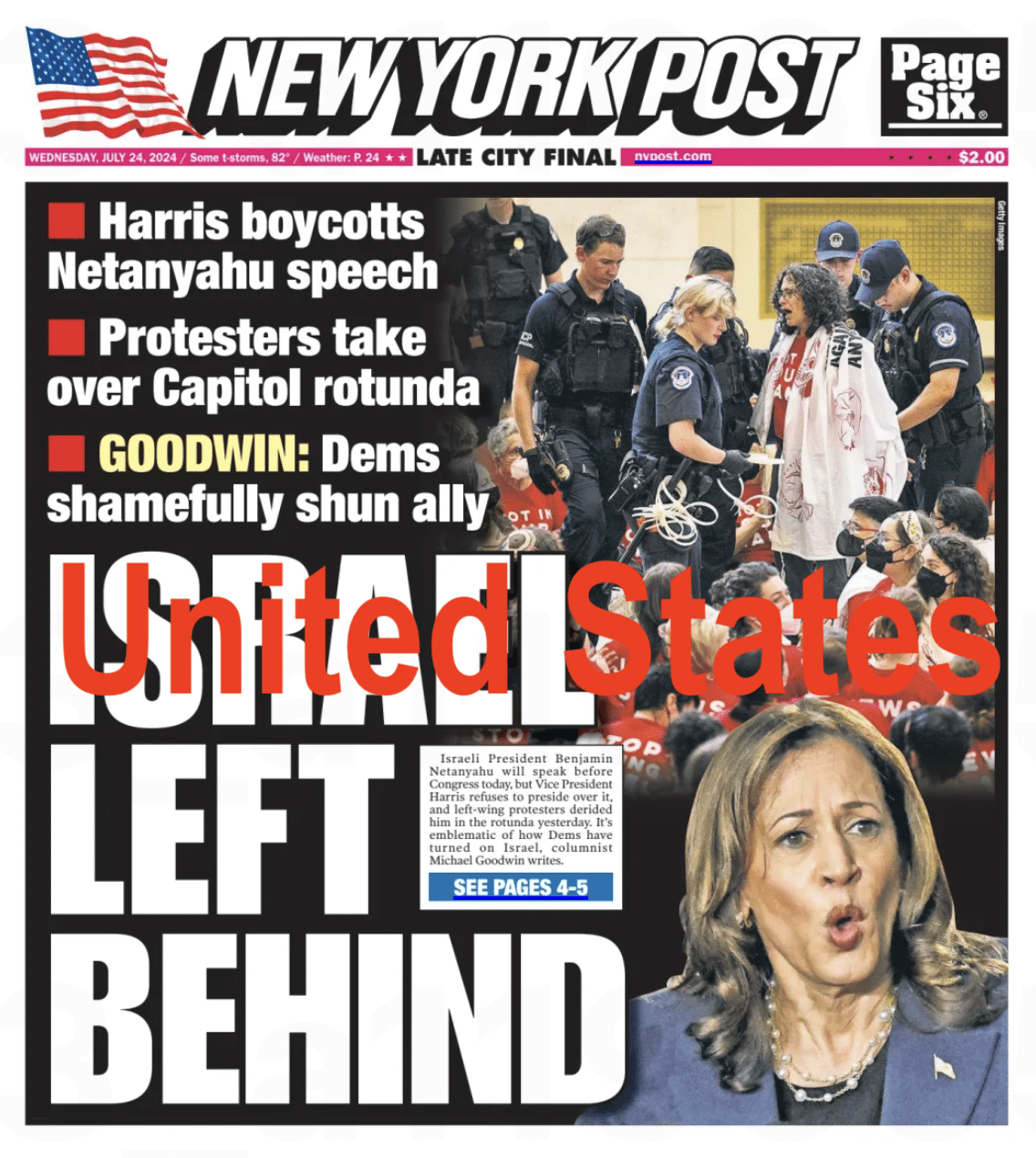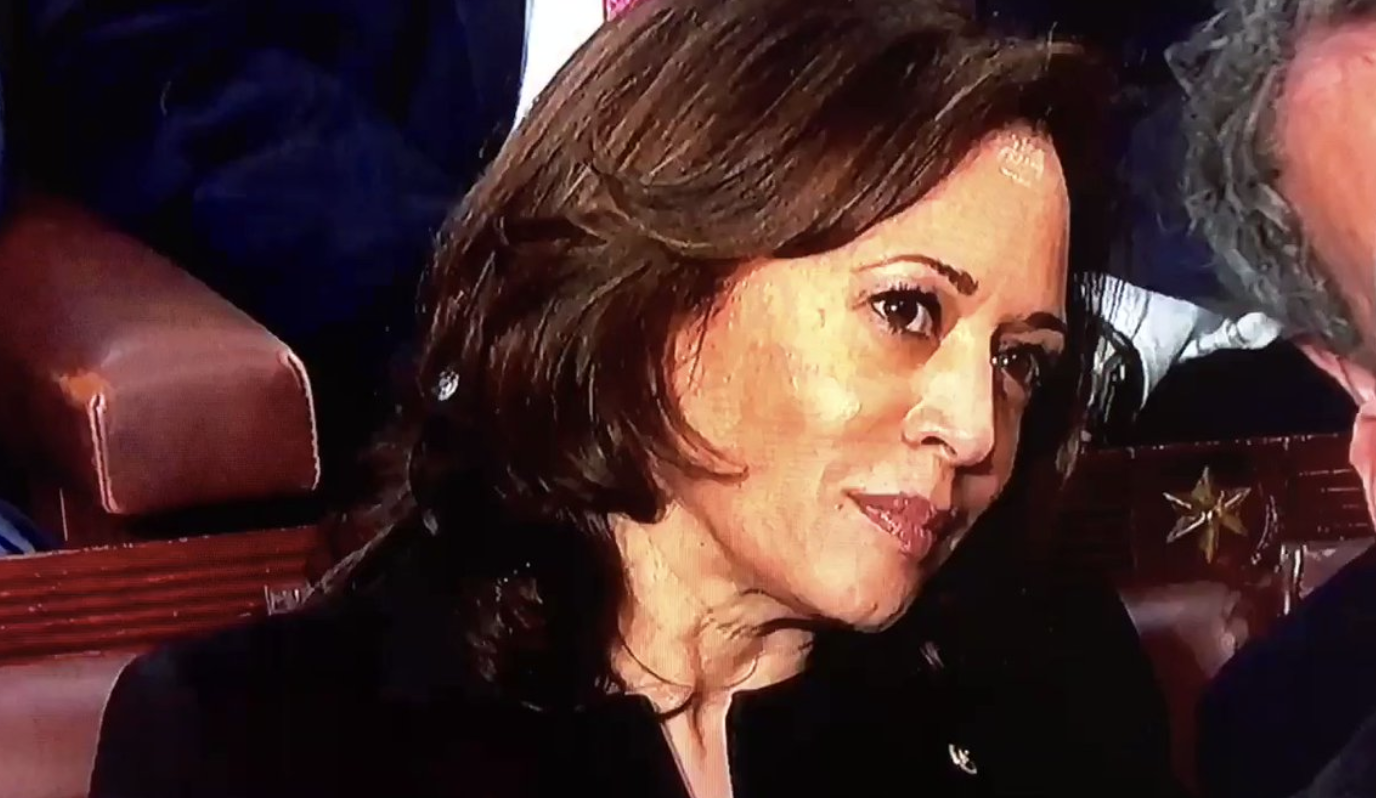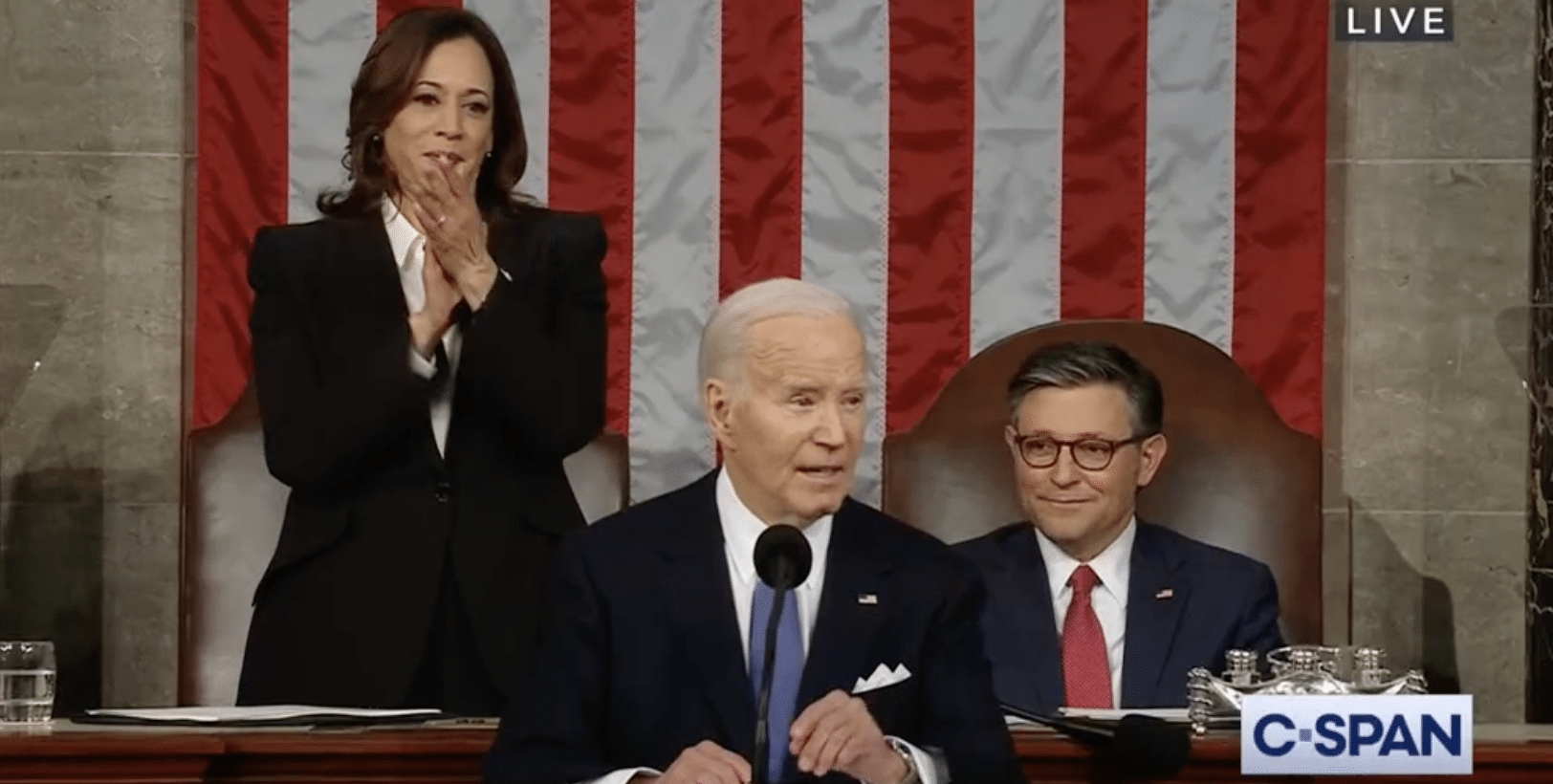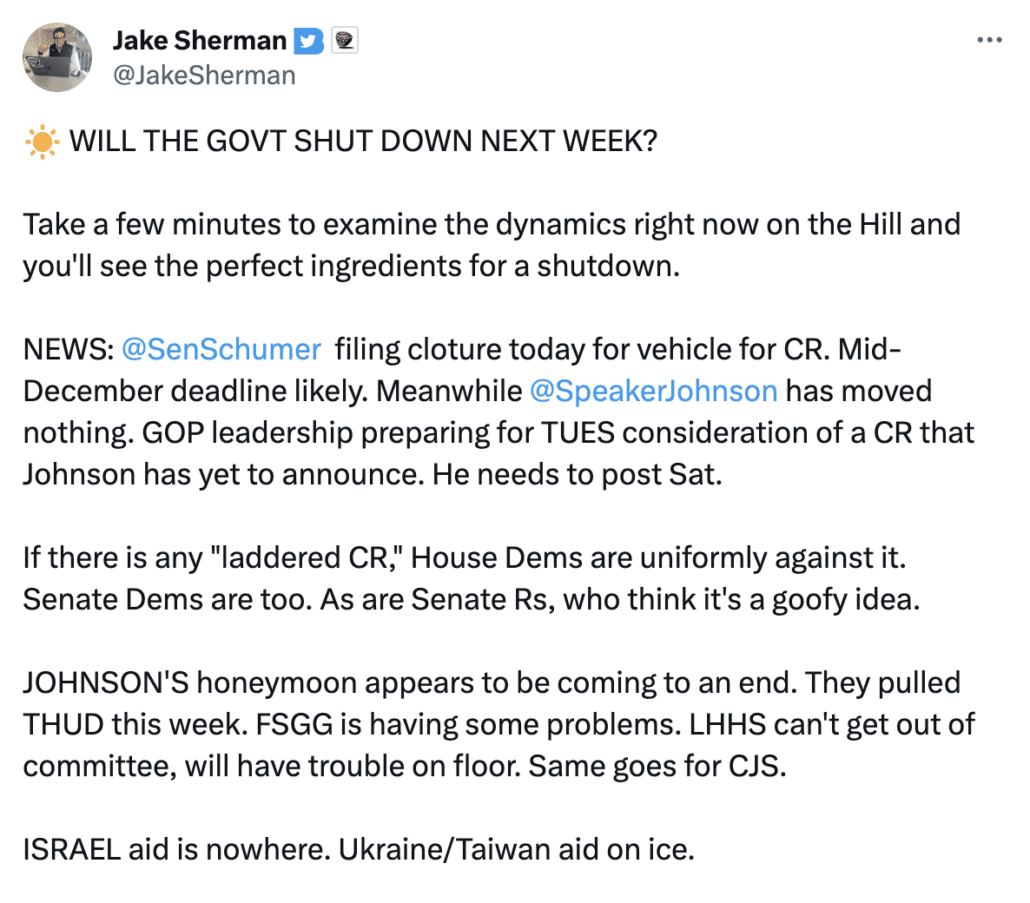Mike Johnson Let a Terrorist Roam the Capitol Yesterday
Mike Johnson had a wild run yesterday. Having once called for “any individual who committed violence” on January 6 to be “prosecuted to the fullest extent of the law,” Johnson seemed to agree with JD Vance that violent attackers should not get pardons.
But after Trump put over a hundred violent criminals out on the streets, Johnson then defended Trump’s pardons, calling to move on.
Over the course of the day, Johnson set up a Committee to keep investigating January 6, boasted about Americans “deserving safety and security” — a wildly inconsistent stance with releasing a bunch of violent criminals, and then accusing Bishop Budde of “sow[ing] division” because she spoke of mercy.
Meanwhile, as this was all going on, Mike Johnson (who as Speaker plays a role in overseeing the Capitol Police) let a terrorist prowl the Capitol.
Stewart Rhodes was in Longworth Office Building lobbying that Jeremy Brown — who, because he also got prosecuted for having unlawful weapons and classified documents in his Florida home, was not released yesterday — get a further pardon so he can be released (it’s unclear how a member of Congress would make this happen, but maybe Yale Law grad Stewie doesn’t understand the legal posture of Brown’s case).
Rhodes was spotted in the Dunkin’ Donuts inside Longworth House Office Building, which is accessible to the public, with a group of people. He said he did not go into the actual Capitol building.
Rhodes said he was advocating for the release of Jeremy Brown, another Oath Keeper who is in prison on federal weapons charges stemming from an investigation into his alleged involvement in the riot.
Rhodes said Brown was not included in Trump’s sweeping pardon of nearly 1,600 people arrested in connection to the rampage and that he went to the Capitol with Brown’s family members. He said that no members of Congress invited him to the Capitol specifically.
“We’re advocating members of Congress, advocating that he be given a pardon also,” Rhodes told reporters.
Rhodes is one of the fourteen people whose sentence Trump commuted, but did not pardon. And he was not only convicted by a jury of sedition and obstructing the vote certification, but Judge Amit Mehta applied a 6-level terrorism enhancement at sentencing.
As Kathryn Rakoczy successfully argued at sentencing, Rhodes had organized an armed force across the river, and regretted not deploying it that day.
I think organizing an armed force across the river that was prepared to come in comes pretty close to being pretty much like advocating for actions that could cause the loss of life. The repeated uses of how we need to have a bloody Civil War comes pretty close. And it is incredibly hard to forget the chilling words of Mr. Rhodes on January 10th that suggests that on January 6th, he was playing a little bit of the long game, but that were the President not to do something about calling up the Oath Keepers and literally starting a civil war, that his view was, “Actually, I should have called in the QRF on the 6th.” And I think when you’re thinking about whether this was terrorism, which we believe it was, all of those factors suggest that something around the level of a six-level adjustment feels right.
This is terrorism. It’s not blowing up a building directly or directing someone else to blow up a building. But certainly in light of the threat of harm and the historic significance of attempting to stop the certification of an election for the first time in U.S. history, those facts together we do think provide a factual basis that supports an increase of roughly six levels.
As Mehta laid out when applying the enhancement, the goal of all this was to influence the conduct of government by coercion.
As I said yesterday, I think as a matter of law, the conduct of conviction of seditious conspiracy meets the description foursquare of what that element — excuse me, what that enhancement requires a showing of, which is an offense other than the one that is enumerated in the Guideline, but the motive was to intimidate or coerce a civilian — I’m sorry, rather than — sorry.
The motive was to — calculated to influence or affect the conduct of government by intimidation or coercion, which were to retaliate against government conduct. Certainly that first clause applies squarely to the conduct of conviction.
And based upon the facts as I found them yesterday and have incorporated them today, Mr. Rhodes and his compatriots’ objective was to affect the conduct of government, specifically Congress, and to do so through intimidation and coercion by means of force, both through the stockpiling of weapons in the event that they needed to be brought across the river — there was an agreement as to that — and then, of course, the actual use of force by others who went into the building and applied that force against police officers who were doing their duty that day.
Trump did not, as he did with Enrique Tarrio, pardon Rhodes. Rather, he left the judgement against Rhodes in place; he simply said, effectively, that three years and a week was a sufficient sentence for a guy who plotted an armed attack on the government.
At least one staffer tried to tell Stewie that it was disrespectful to return to the scene of the crime.
He obfuscated, as he always does.
But the legal fact remains. He has not been pardoned of his sedition conviction and terrorism enhancement. Donald Trump chose to leave the judgment in place (for now, though Rhodes is reportedly still pressing Trump for a full pardon).
And Mike Johnson let him wander around the Capitol, all while claiming discussion of “mercy” was divisive.
Update: Judge Mehta has now barred Rhodes and the other Oath Keepers whose sentences were only commuted from the Capitol.

